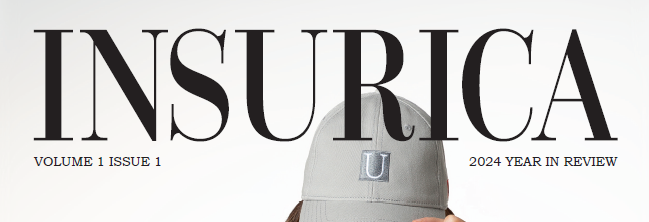WHAT EMPLOYERS SHOULD KNOW ABOUT WORKPLACE SAFETY AMIDST THE CORONAVIRUS OUTBREAK
In light of the ongoing spread of the novel coronavirus that is now called “COVID-19,” many employers are wondering what steps they can/should take to keep their workforce safe. While encouraging employees to work from home if feeling sick, and sending employees who are exhibiting flu symptoms home are always permissible steps, employers should be careful before taking certain measures, such as asking employees to take their temperatures, or asking employees who do not appear to be sick about flu symptoms.
The Americans with Disabilities Act (ADA) restricts employers from making medical inquiries or requiring medical examinations of employees. These provisions apply to all employees, not just those who are disabled. The definitions of “medical inquiries” and “medical examinations” are fairly broad under the ADA, and according to the Equal Employment Opportunity Commission (EEOC), may include taking an employee’s temperature or asking an employee who has no apparent signs of illness specific questions about flu-like symptoms, such as “are you experiencing a cough?” or “have you had a fever?”
Employers can only require an employee to undergo a medical examination or make medical inquiries of a current employee if the medical examination is job related and consistent with business necessity. Generally, a disability-related inquiry or medical examination of an employee is job related and consistent with business necessity when an employer has a reasonable belief, based on objective evidence, that:
- An employee’s ability to perform essential job functions will be impaired by a medical condition; or
- An employee will pose a direct threat due to a medical
This reasonable belief “must be based on objective evidence obtained, or reasonably available to the employer, prior to making a disability-related inquiry or requiring a medical examination.” In the context of a pandemic, the EEOC encourages employers to rely on the latest Centers for Disease Control (CDC) information and/or information from local public health officials to determine whether there is a direct threat. Employers should not rely on rumors or fears.
The CDC website regarding COVID-19 contains specific information about who is considered to be low, medium and high risk for COVID-19. Employers with specific information that puts an employee in one of the medium- or high-risk categories as defined by the CDC may make medical inquiries or require medical examinations as this would arguably give them a reasonable belief that the employee may pose a direct threat to others. In addition, to the extent COVID-19 becomes widespread in the employer’s community (as assessed by the CDC or the state or local health authority), EEOC guidance on actions employers can take during a pandemic states that employers may then take employees’ temperatures more generally. Employers can review the EEOC’s guidance relating to how employers can respond to global pandemics.
Employers should not rely on rumors, anecdotal stories or fears as they make decisions about how to limit their workforce’s exposure to the virus. Instead, employers are encouraged to review the EEOC guidance on pandemics and monitor CDC and State Department of Health websites to make informed decisions.
Source: Crowe & Dunlevy
About the Author
Share This Story
Related Blogs
Tip of the Hat: 2024 Year in Review
Safety Protocols for School Performances and Assemblies
School performances and assemblies are exciting opportunities for students, [...]
Cyberbullying: Prevention and Response
As technology becomes more embedded in students' daily lives, [...]









